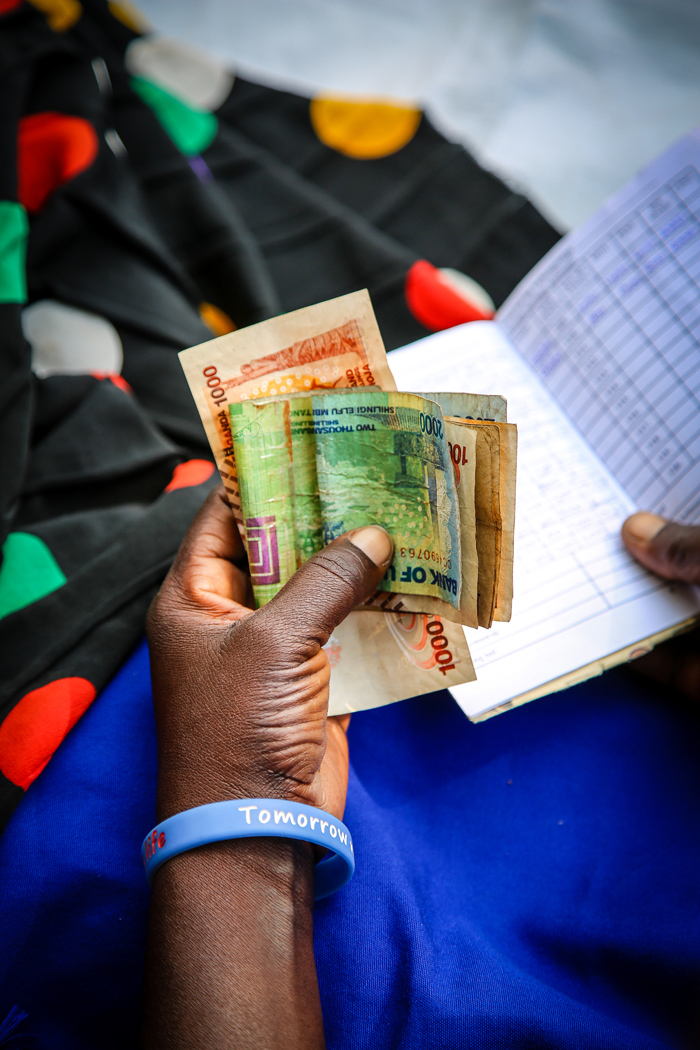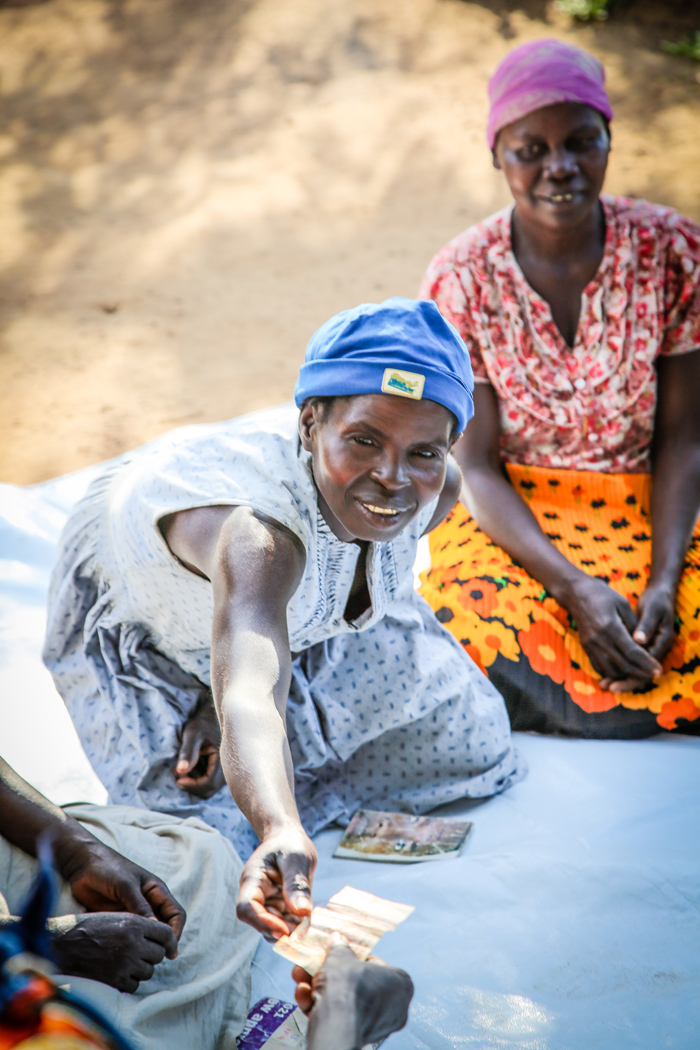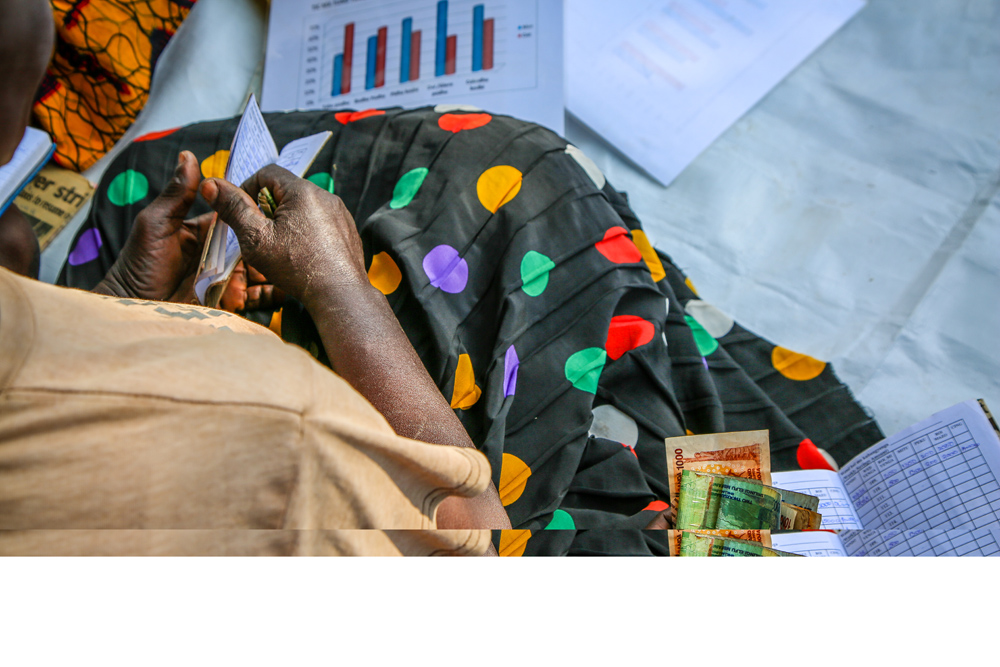Who are the most vulnerable members of a community? How do we ensure that our work leaves a lasting change, and doesn’t make a situation worse than it was before? We often talk about “empowerment” and “transformation”, but what does this really look like?
One of the most significant learnings in recent years has been the provision of cash directly to families in need. On the surface it seems simple – cash has existed for centuries. Why has it taken so long for organizations to adopt cash as a meaningful method of helping those in crisis? The answer is tied to one of the most common objections when it comes to cash – how do we know that those receiving the cash are using the funds in the ways we intend?
Wrapped up in this question is perhaps one of the most important misconceptions that needs to be addressed as we understand the importance of cash assistance. The choice about what someone most needs should not be made by anyone other than those in need themselves.
While it is a privilege to be able to provide support to those in crisis, it should not be those of us living in Canada and the United States who make the decisions about the type of support that families in Niger receive, for example. Our goal is always to provide meaningful assistance to as many people as we can without our work having unintended consequences. And we are also mindful of the importance of accountability – that the resources that World Renew supporters so generously entrust us with should be invested to have the greatest possible impact.
That’s why World Renew doesn’t ship food or other assistance from North America to communities around the world. We learned that by shipping goods from Canada or the United States, we are often undermining local economies.
For example, by shipping grain from Canada to Kenya, we are taking away the opportunity for a Kenyan farmer to grow and sell their own grain (not to mention the enormous transportation costs associated with shipping something halfway around the world).
In many communities, providing cash assistance is a step in a similar direction. By providing a family with cash, they can decide what they need most and they can travel to their local market to make their own purchases. Not only does cash give families choice, but it also directly contributes to the strengthening of the local economy. Two birds with one stone, as they say.
One of the reasons that organizations like World Renew have been slow to adopt cash assistance as a form of assistance is based on concerns around ensuring that funds are properly used. While it is important that the decision for what assistance a community receives is decided by the community itself, we recognize that sometimes cash is appropriate, but sometimes it is not. For example, there are often times when it is more appropriate to purchase food locally and distribute it in bulk instead of providing cash for families to purchase food from the local market. But these decisions still must be made with direct involvement of local communities.
When is cash assistance appropriate, and how does World Renew make this decision?
In any response, we always consider cash as a possibility. However, several key conversations are necessary before a decision is made:
- Community Consultation: First and foremost, the decision about whether or not to provide cash depends on input from the local community. Do community members have a clear preference for cash versus in-kind assistance? Does cash appropriately meet the needs expressed by the local community? If there is significant opposition expressed by the local community towards cash, it is generally not used.
- Local Market Capacity: In order for cash to be appropriate, there must be a strong local market. In the case of a food assistance project, this means that local markets must have varied and plentiful food with a consistent and reliable supply chain. There needs to be enough vendors to limit the risk of inflation that could be caused by a significant increase in the number of customers at the market, and the market needs to be local and easily accessible for all beneficiaries.
- Risk of Violence: One concern with beneficiaries receiving cash is that it may place them at an increased risk of violence. Will they become targets of theft if they are receiving cash from World Renew? Does carrying and distributing large amounts of cash put undue burden and safety concerns on local staff? In some cases, cash assistance actually increases their level of safety because they are able to repay debts and limit the use of illegal or dangerous strategies of earning income.
- Varied Needs: In some communities, families have a variety of different needs. Some families may need immediate access to food, other families might be dealing with a crushing burden of debt, which they have accumulated to purchase food. For others, rent payments might be impossible, which is a particular concern during the winter months in countries like Syria and Lebanon. Cash might be the most appropriate way to meet these many different needs.
- The Value of Cash: In some contexts, using cash severely limits the scale of a response. For example, when purchasing food in bulk, the costs are often less than if beneficiaries were to purchase the same amount of food in a local market. At times these differences are so significant that it would be severely limiting to provide cash instead of in-kind assistance.
While we are continuing to learn about when it is best to use cash, and when it is not appropriate, the core motivation behind this conversation is World Renew’s investment in helping bring lasting change to those affected by natural disasters, conflict, and poverty.
We believe that the capacity to change already exists in the communities where we work, and it is our privilege to equip families, in whatever way necessary, to bring about that transformation.
Providing cash is one way to do this.



